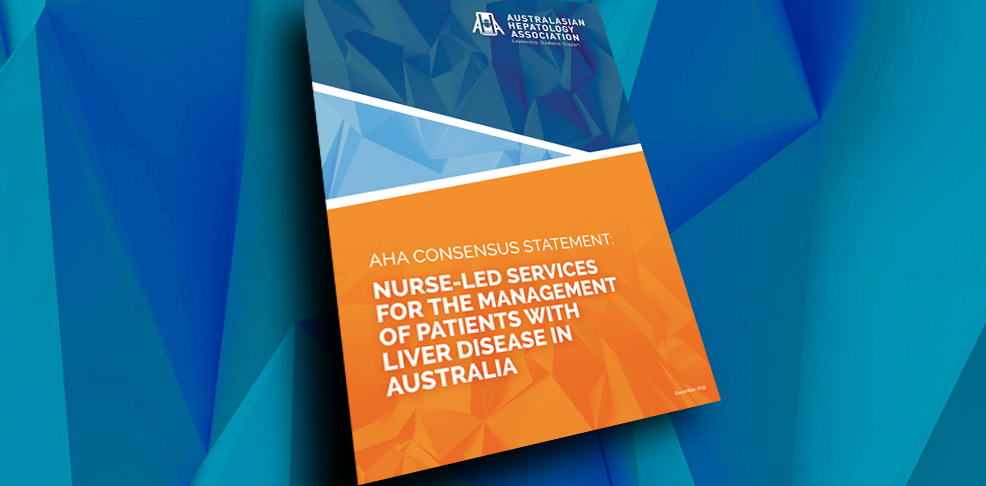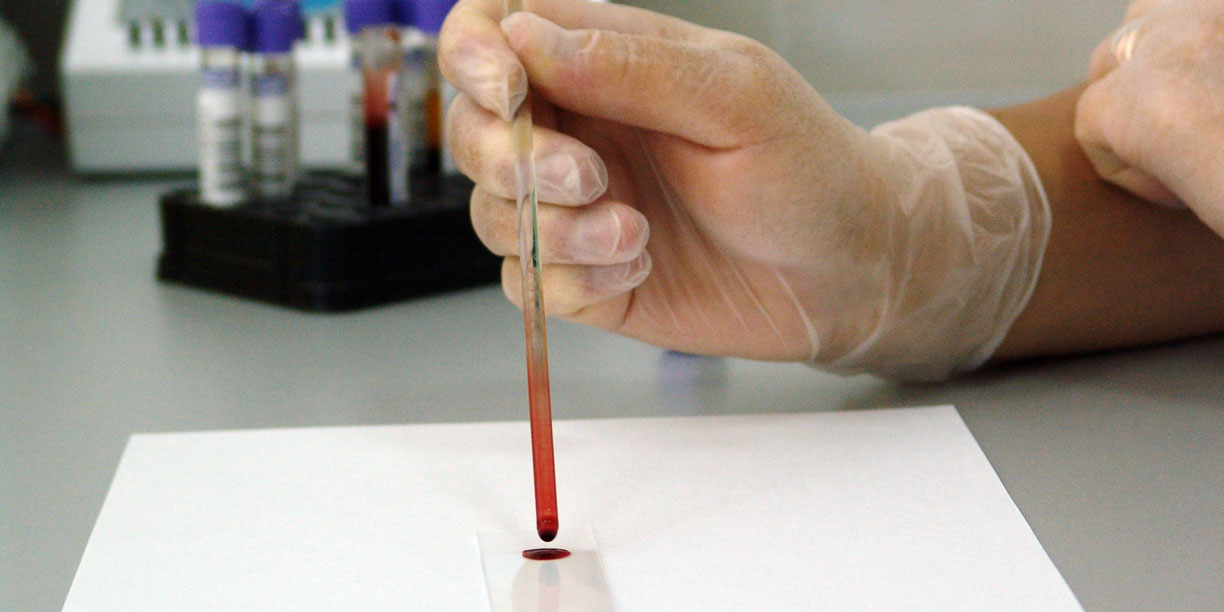The development of direct-acting antiviral (DAA) treatments has revolutionised the treatment of hepatitis C in Australia. DAAs are effective and, when patients follow the medication regime, can cure more than 90% of those who take the treatment. But at the moment there are limited resources to inform and guide health professionals as they try to provide adherence support to those undergoing DAA treatment.
Medication adherence refers to the way an individual takes a medication, including the use of the correct medication, the correct dose and time, duration and timely refilling of repeat prescriptions.
Continue reading “Helping People Adhere to Treatment Helps Treatment Succeed”

